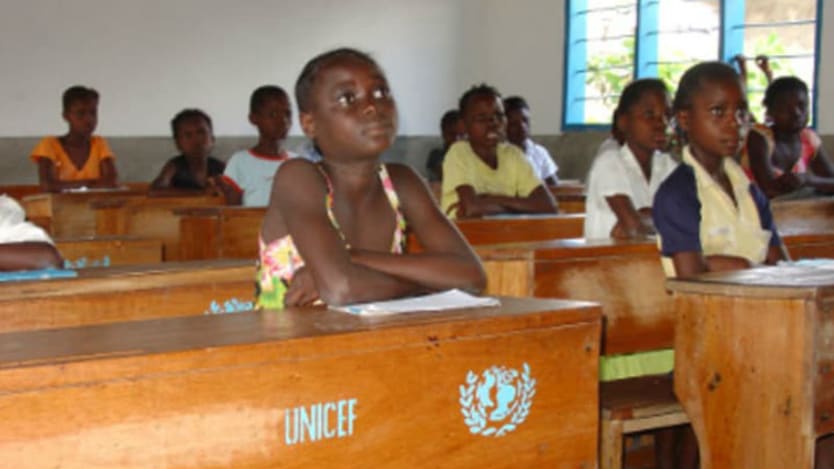
It may go by many names, but one thing is clear: Development aid has become a key tool to boost economic growth and advance security interests in our globalized world.
While development aid is meant to ensure a country’s sustainable growth over the long run, humanitarian aid usually refers to short-term relief provided after a natural disaster, refugee crisis or other emergencies. Better coordinating emergency relief, rehabilitation, reconstruction and prevention is seen as key to improving aid effectiveness.
Traditionally, development aid referred to what is known as “official development assistance” – the international transfer of public funds either directly from one government to another through bilateral aid, or indirectly through non-governmental organizations or a multilateral agency.
But with the emergence of corporate philanthropy and private donors such as the Bill & Melinda Gates Foundation, development aid has turned into somewhat of a catchall phrase. Other commonly used terms include international aid, foreign aid, overseas aid and development assistance.
Also, while “traditional” donors such as the United States and Japan have created a host of standards over the past 20 years – such as the DAC principles, Paris Declaration on Aid Effectiveness, Monterrey Consensus, Millennium Development Goals and Accra Agenda for Action – the emergence of donors from China, Brazil and India have complicated the streamlining of aid standards around the globe.
Official development assistance must meet three criteria, according to the Organization for Economic Cooperation and Development’s Development Assistance Committee, which tracks ODA:
1. Funding must be provided by a government agency or its executing agencies.
2. The main objective must be the promotion of the economic development and welfare of developing countries.
3. Funding must be concessional in character, with a grant element of at least 25 percent (using a fixed 10 percent rate of discount).
OECD-DAC’s list of ODA recipients is composed mainly of the least-developed countries and lower-middle-income countries. Assistance for more advanced countries and territories in transition, including many former Soviet republics, is called official aid and not counted as ODA.
In any case, cooperation among governments, companies and civil society groups is essential – perhaps one reason why the World Health Organization uses the term “development cooperation” and the European Union prefers “international cooperation.”
Among the institutions helping to reduce poverty and improve governance around the globe are bilateral donors such as the U.K. Department for International Development and French Development Agency, multilateral agencies such as the World Bank and UNICEF, consultancies such as Booz Allen Hamilton and Sweco Group, implementing agencies such as BRAC and Save the Children, and advocacy groups such as Amnesty International and Human Rights Watch.
These groups collaborate mainly on providing technical assistance to the developing world. The goal of such technical cooperation is to augment the aid-recipient population’s knowledge, skills and technical know-how. As donors strive to increase aid effectiveness, they have made it a priority for their field projects to build local capacity through education and training.








